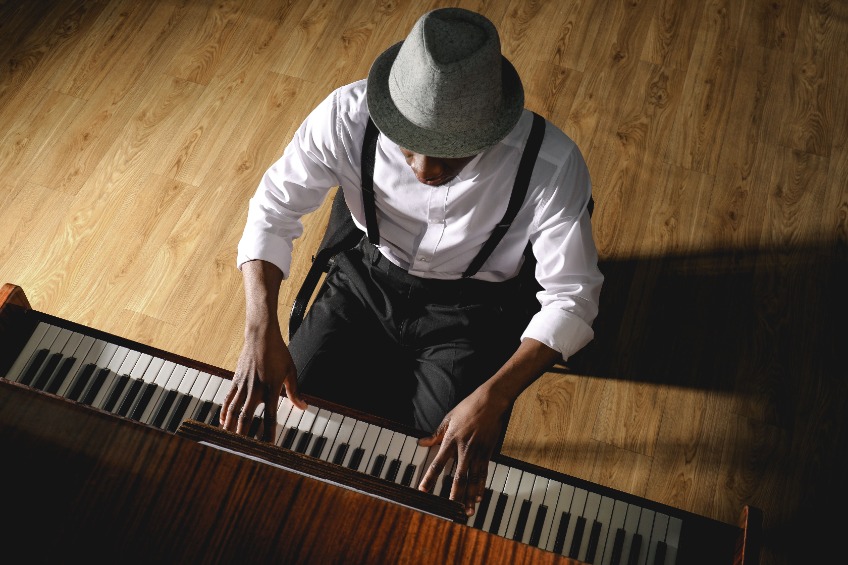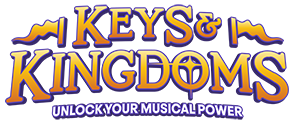“When we think of becoming great musicians, we might envision a journey that seemingly rests in near absurdity. Years and even decades devoted to tireless practicing and the constant honing of our craft seems to a be just the beginning of foundational understanding. Often, the highest echelons of musical stardom are reserved for the very few who were also blessed with enormous natural skill and talent. And yet, how many of us would associate great musicians with being a great sight reader? Indeed, there may also lie a bifurcation of value placed on the world of sight reading when it comes to true musicianship. For example, if your goal were to join the city orchestra, we would certainly lay a high premium on the ability to sight read music with all the accuracy, precision, and efficiency of a seasoned professional. On the other hand, if your dream was to be the next Jimmy Hendrix on the guitar, or Billy Joel on the piano keys, you might picture a path of passion, predicated on a desire to use non-traditional means of learning to reach your goals.”
~ Graeme Winder (President of Keys & Kingdoms)
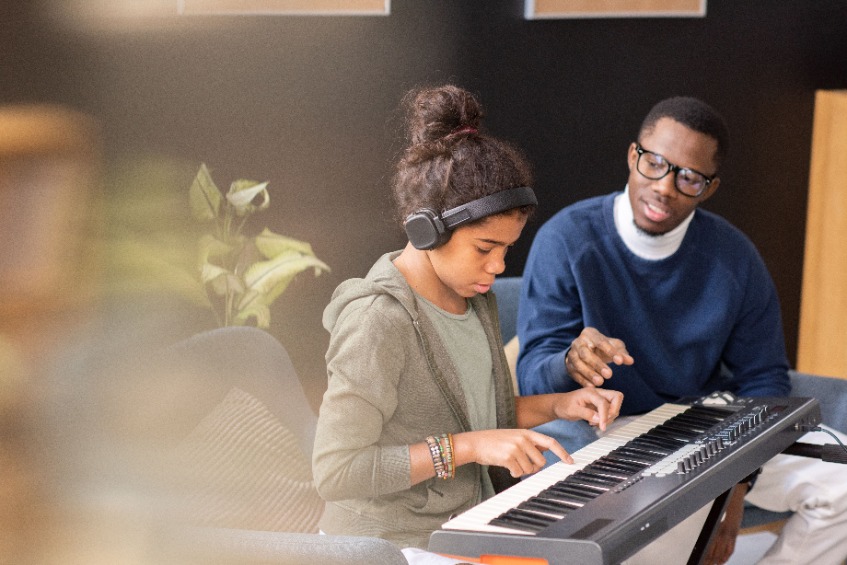
What are some other ways to learn music?
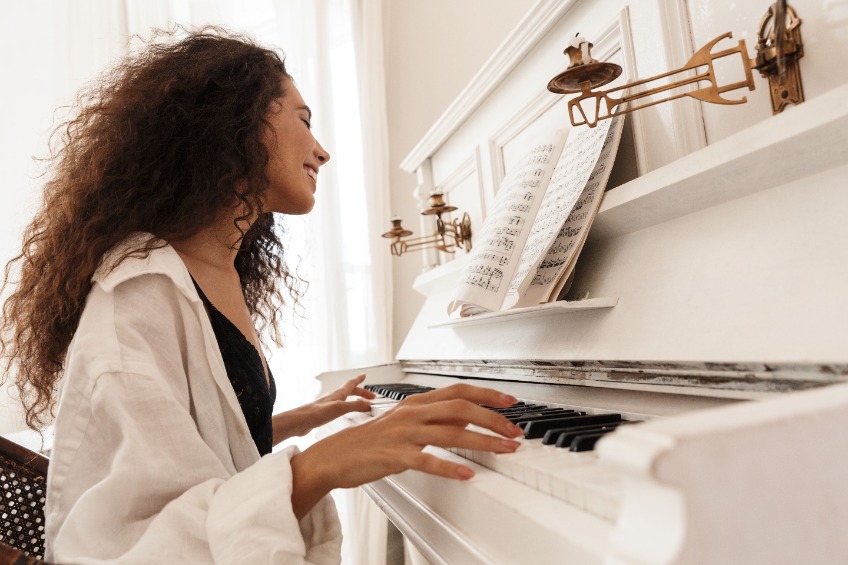
What are the advantages to reading music?
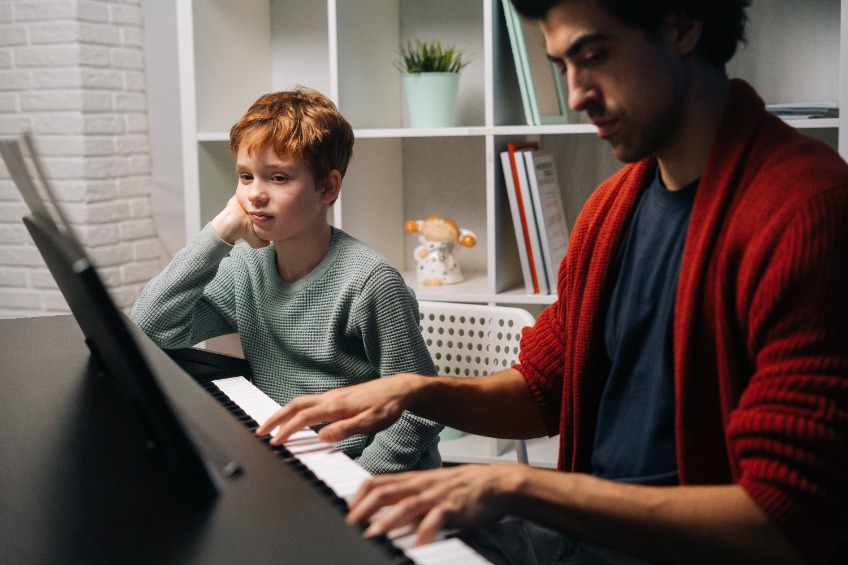
What are the disadvantages to reading music?
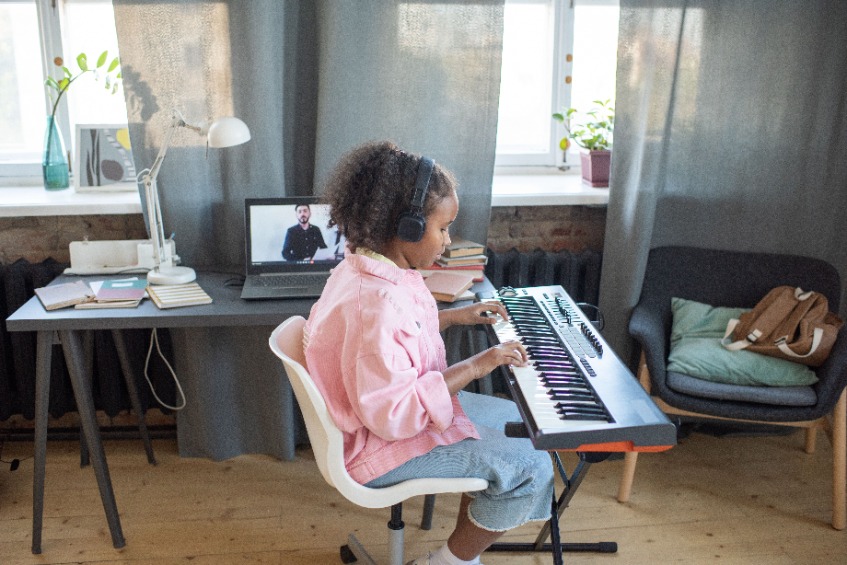
What are the advantages to learning by ear?
